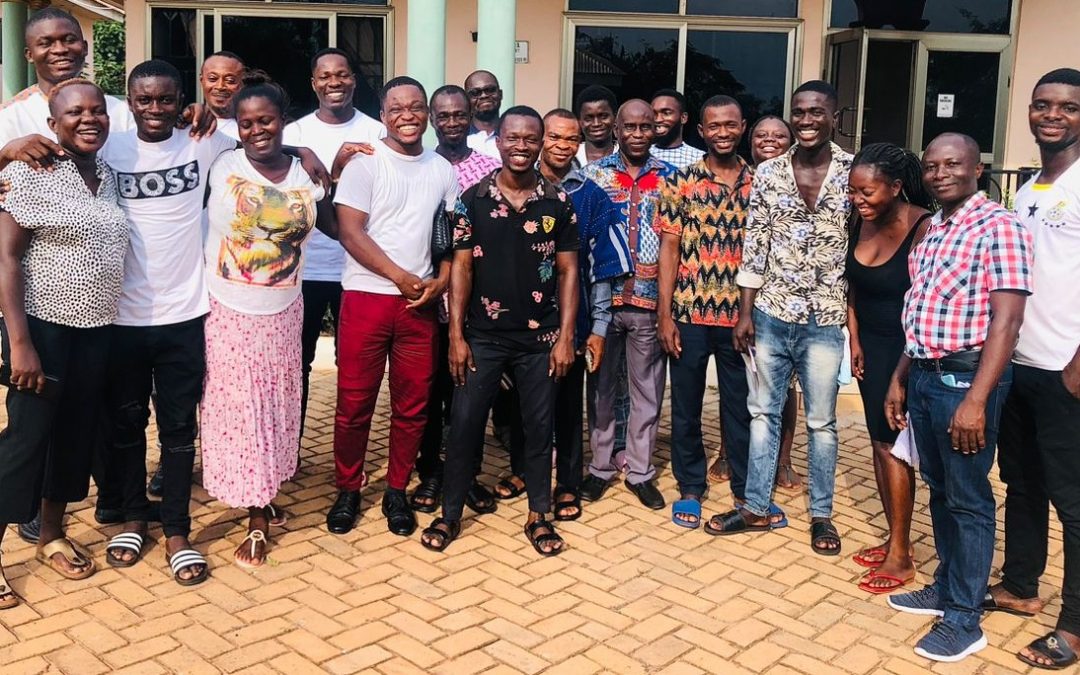Government has been asked to adopt the Facilitated Collective Action Process (FCAP) as the most effective tool in planning and executing development projects in the various district, municipal and metropolitan areas in the country.
The call was made by Community-Based Facilitators (CBFs) after they had undergone a week-long training at Nkoranza in the Bono East region as part of preparations towards the implementation of FCAP in parts of the Nkoranza South municipality and the Atiwa West district of the Eastern region.
Also called “Oman yie die”, FCAP aims at strengthening local participation in the implementation of the medium-term development plans of beneficiary districts in Ghana through the active involvement of the community members and is currently being implemented in Fanteakwa South, Abuakwa South, Atiwa West and Nkoranza South by Advocates for Community Alternatives (ACA), a non-profit-making organization which supports West African communities facing threats to their human rights at the hands of multinational corporations.
FCAP is a community-driven tool that keeps decision-making and community development in the hands of the local community members. It is a tool widely used by Spark Micro-grant, ACA’s partner NGO, in countries such as Uganda, Rwanda, Burundi and Congo to stimulate and accelerate community development initiatives.
The main goal of this initiative is to have it replicated in all districts in the country in the long-term.
The Community-Based Facilitators (CBFs) play a lead role in the implementation of FCAP and are responsible for mobilizing their communities and monitoring projects being implemented.
Cost-effective
In an interview, the Community-Based Facilitator (CBF) for Akuma near Nkoranza, John Tuffuor, called on the government to collaborate with ACA to replicate FCAP in the rest of the country.
“I noticed that community-driven projects undertaken through FCAP is cost-effective as compared to similar projects executed by the government so I will recommend to the government to critically study this concept and replicate it in the various districts”, he said.
He added: “I think government can collaborate with ACA to make this happen. This concept of community development carries the entire community along, with community members assisting with communal labour so it’s helpful.”
Community ownership
Another participant, Gifty Acheampong, the Assistant Planning Officer of the Nkoranza South Municipal Assembly, noted that FCAP ensures that communities own the project and thus provide all the needed support required for its implementation.
“This training has taught me that we can implement projects by paying less when we involve the community members because when they are being involved, they own the project and can support us in so many ways that we cannot even quantify in monetary terms to undertake the project as we want it to look like”, she said.
“I have come to the realization that if the local government authority would allow communities to have a say in project identification and implementation, it would go a long way to galvanize more support and enthusiasm in the process. This will also ensure that the community members will embrace the project and support its execution whole-heartedly”, Felicity Acquah, the CBF for Akwabuoso in the Atiwa West district of the Eastern region also said.
The participants were drawn from Asuano, Barnofour, Abountem, Akuma, Brahoho, Nkwabeng, Akumsa Domase, Bonso and Bredi, all in Nkoranza South of the Bono East region as well as Akwabuoso and Ekorso Akwadum in the Atiwa West district of the Eastern region.

Commentaires récents